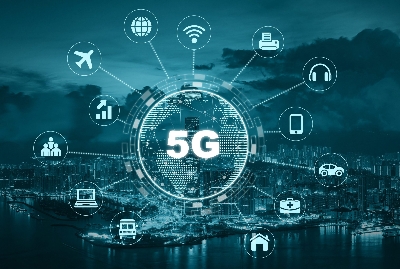
5G networks bring significant advancements and transformations across various sectors and applications. Some of the key benefits and implications of 5G technology include:
Increased Speed and Bandwidth: 5G offers much higher data rates compared to previous generations (up to 10 Gbps), enabling faster downloads, uploads, and seamless streaming of high-definition content.








Lower Latency: With latency as low as 1 millisecond, 5G networks facilitate real-time communication, which is crucial for applications such as autonomous vehicles, virtual reality (VR), and augmented reality (AR).
Enhanced Connectivity: 5G can support a significantly larger number of connected devices per square kilometer, making it ideal for the Internet of Things (IoT) ecosystems. This is vital for smart cities, industrial automation, and connected health devices.
Improved Reliability: 5G networks are designed to be more reliable, providing consistent connectivity, which is essential for mission-critical applications in healthcare, transportation, and public safety.
Network Slicing: This feature allows operators to create virtual networks tailored to specific applications or service requirements, enabling optimal resource usage and flexibility.
Enhanced Mobile Broadband: 5G improves mobile broadband experiences with greater speeds and more reliable connections, which can boost productivity for businesses and improve user experiences for consumers.
Economic Growth: The deployment of 5G is expected to drive economic growth by enabling new business models, enhancing efficiencies, and fostering innovation across various sectors.
Impact on Industries: Key industries such as healthcare (telemedicine), manufacturing (smart factories), transport (connected vehicles), and entertainment (immersive media) are set to benefit from the capabilities of 5G technology.
Sustainability: 5G can contribute to more energy-efficient operations through better resource management and optimization, which can help reduce overall carbon footprints in various industries.
Challenges and Considerations: While 5G offers numerous advantages, there are challenges to its deployment, including infrastructure investment, spectrum allocation, and addressing privacy and security concerns.
Overall, the rollout of 5G technology represents a significant leap forward in mobile communication, impacting how people connect, communicate, and interact with technology and each other.


Leave a Reply